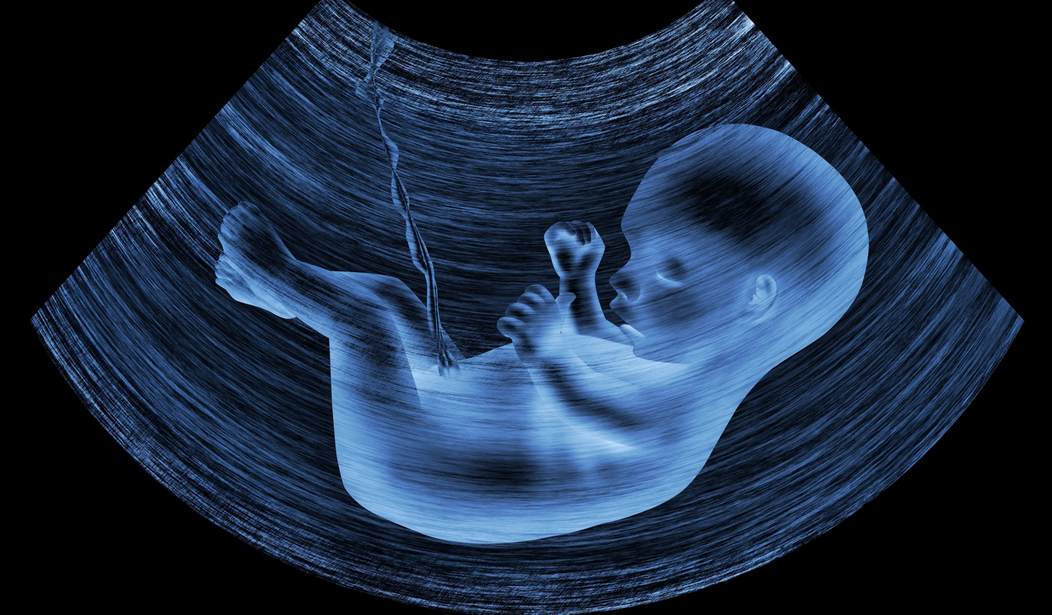Here’s a dilemma: You’re pregnant, but you have a history of depression. Do you continue on your anti-depressants or not? Studies have shown that there are benefits and disadvantages to both options. For some women, the negative effects of not being medicated for depression far outweigh the risks of the drugs, while for others it is just the opposite.
Some new research has just highlighted yet another risk associated with taking SSRIs (selective serotonin reuptake inhibitors, the class of drugs that is routinely used as antidepressants) while pregnant, according to a recently published study in the journal PLOS ONE. For some women, the medication can result in a lengthening of the umbilical cord during pregnancy. A thinner, longer cord can lead to a decrease in oxygen and other nutrients reaching the baby:
An elongated umbilical cord can weaken foetal circulation and expose the foetus to a lack of oxygen during pregnancy or birth, among other health problems. The length of the umbilical cord is affected by how much the growing foetus moves in the uterus. “When the foetus moves, the umbilical cord stretches and eventually gets longer,” said lead author Julia Kivisto, doctoral student at the University of Eastern Finland.
The study, which took place over 10 years at Kuopio University Hospital in Finland, monitored 24,000 pregnant women, 416 of whom took antidepressants.
The most commonly used SSRI drug was citalopram, which was used by 217 expectant mothers.
Among the SSRI drugs analysed in the study, children of mothers who used citalopram during pregnancy had longer umbilical cords than others.
While these findings do indicate a danger to taking antidepressants while pregnant, the researchers underscored the importance of assessing each pregnancy on a case by case basis.
“Depression, both when left untreated and when treated with drugs, causes some changes to the course of pregnancy and birth. This is why it is extremely important to carefully consider the individual situation of each patient when choosing the treatment,” Kivisto suggested.









Join the conversation as a VIP Member